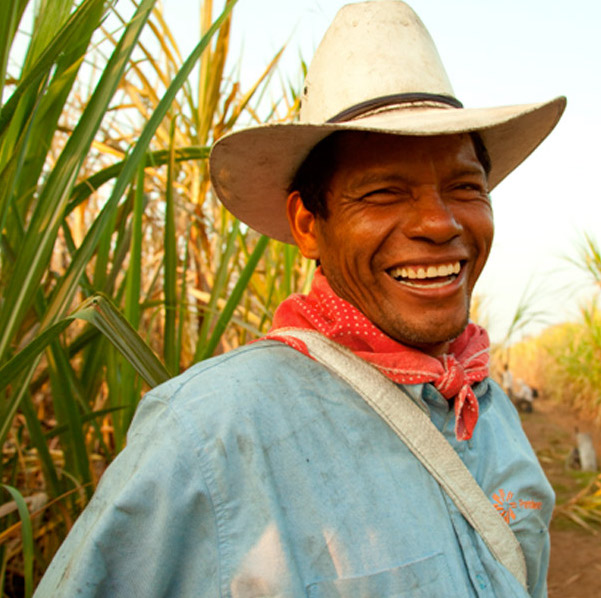August 31, 2017
Sugar cane is cultivated extensively throughout Central and South America. Originally it was native to Southeast Asia and some say it first made its way to the New World with Christopher Columbus in the 15th century. Since then, Guatemala has become the second largest sugar exporter in Latin American and the Caribbean and the fourth major exporter worldwide. Guatemalan sugar production for this current year is forecast at over three million metric tons[1].
Pantaleon, a family owned company, began producing sugar in the mid-19th century on the south coast of Guatemala. Over the years the company has expanded into Mexico, Honduras, Nicaragua, Brazil, and Chile, producing sugar, ethanol, molasses and renewable energy. Since its origins, it has striven for high sustainability standards in all aspects of its operations.
Pantaleon has 50,000 hectares of ISCC PLUS certified sugar cane in Guatemala. The ISCC Standard is rapidly gaining recognition in Latin America. There are twenty certified sugar cane operations in the region and over one hundred ISCC certificates for a range of biofuels, feed, food and bio-based products applications. Claudia Asensio, Head of Sustainability for Pantaleon says ‘Our team and natural resources are both at the heart of our business. We find the ISCC sustainability principles to be comprehensive and robust, therefore ISCC PLUS certification is one of the vehicles to show our high standards to our customers and stakeholders’.
An absolute ban on deforestation and adherence to social sustainability principles are key parts of ISCC PLUS. Pantaleon has made commitments to social sustainability for both employees and local communities. Each site has its own health clinic to provide primary care services to employees and their families. Its occupational health programs provide preventive measures to thousands of employees in the field each day.
Sugar cane is a thirsty crop and in Guatemala irrigation is needed for successful cultivation. Pantaleon carefully manages water usage and participates in local social dialogue forums on water use, known as ‘technical tables’, with representatives from local government and domestic users. This dialogue ensures that water abstraction does not damage biodiversity and treats all users fairly. Pantaleon has invested over five million dollars in projects to improve water use efficiency in 2016. Waste is also managed sustainably; sugar cane bagasse is used for energy generation on site and other byproducts are used for fertilizer or irrigation. Protection of biodiversity and the conservation of forests are a priority: Pantaleon has reforested over 4600 hectares of land.
In 1992 the Pantaleon Foundation was created to promote the social and economic development of local communities. The Foundation has an array of projects in Guatemala, Nicaragua, Honduras, and Mexico where it invests in education, health, and environmental stewardship. Currently, Pantaleon Foundation manages four schools within its facilities, two in Guatemala and two in Nicaragua.
The Better Families program, which operates in partnership with FUNDAZUCAR, trains, empowers and educates women to both their benefit and that of their children. The program´s success in Guatemala led the Government of Honduras, in partnership with Pantaleon, to implement it at a national scale in 2015.

Looking ahead, Pantaleon is seeking to adopt the ISCC non-GMO add on. Claudia states ‘We are pleased that our ISCC PLUS certification means we also comply with the Sustainable Agriculture Initiative (SAI) Platform at the silver level’. This wider acceptance of ISCC PLUS opens up new markets for certificate holders like Pantaleon and means they can build an even sweeter future for their company, employees, and communities.
For more information on ISCC certification please contact ISCC at info@iscc-system.org
[1] Guatemala: Sugar Annual | USDA Foreign Agricultural Service. https://www.fas.usda.gov/data/guatemala-sugar-annual-1